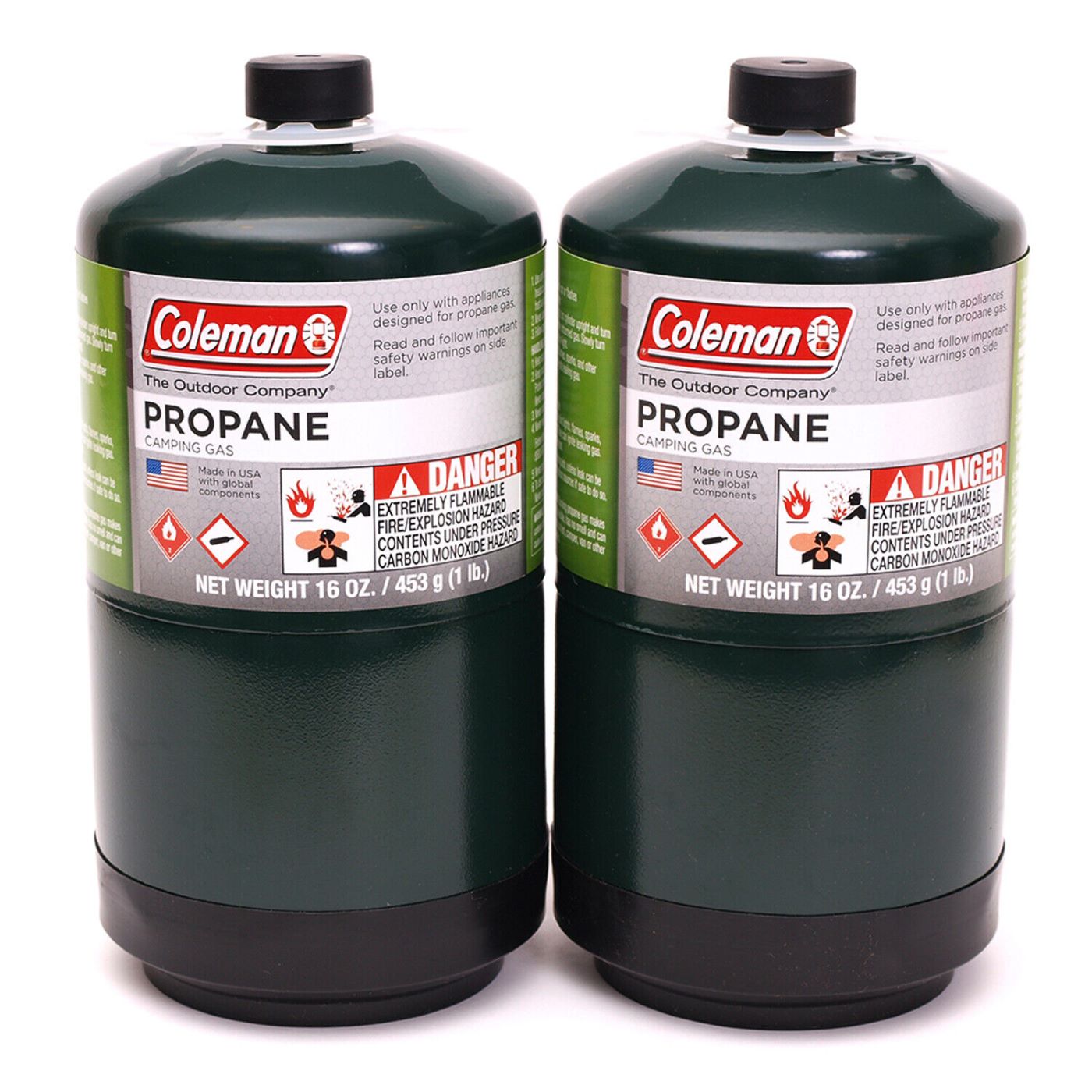

Articles
How To Store Small Coleman Propane Tanks
Modified: December 7, 2023
Learn the proper way to store small Coleman propane tanks with these helpful articles. Ensure safety and maximize the lifespan of your tanks.
(Many of the links in this article redirect to a specific reviewed product. Your purchase of these products through affiliate links helps to generate commission for Storables.com, at no extra cost. Learn more)
Introduction
Welcome to our guide on how to store small Coleman propane tanks. Whether you use propane tanks for camping, grilling, or other outdoor activities, proper storage is essential to ensure your safety and extend the lifespan of the tanks. In this article, we will walk you through important safety precautions, choosing the right storage location, and how to store small Coleman propane tanks indoors, outdoors, or in a garage or shed. We will also cover how to properly secure the tanks and the importance of regular inspection and maintenance.
Propane tanks are commonly used for various purposes, from powering grills and heaters to fueling RVs and camping stoves. However, storing these tanks requires careful consideration, as they can be hazardous if not handled correctly. By following the guidelines outlined in this article, you can ensure the safe storage of your small Coleman propane tanks and minimize the risk of accidents or damage.
Before we dive into the specifics of storing small Coleman propane tanks, let’s first address some important safety precautions you should keep in mind when dealing with propane tanks.
Key Takeaways:
- Properly storing small Coleman propane tanks is crucial for safety and longevity. Follow safety precautions, choose the right storage location, and secure the tanks to minimize risks and ensure safe usage.
- Regular inspection and maintenance are essential for safe and reliable performance of small Coleman propane tanks. Adhering to safety measures and proper storage guidelines enhances the overall experience of using propane for outdoor activities.
Read more: How To Store A Propane Tank
Safety Precautions
When it comes to storing small Coleman propane tanks, safety should be your top priority. Propane is a highly flammable gas, and if not handled properly, it can lead to catastrophic accidents. Follow these safety precautions to minimize the risk of fire, explosions, or leaks:
- Store tanks in a well-ventilated area: Propane should never be stored in a confined space, as it can be a serious safety hazard. Make sure to store your tanks in a well-ventilated area, preferably outdoors.
- Keep tanks upright: Always store your small Coleman propane tanks in an upright position. This prevents liquid propane from escaping and ensures that the pressure relief valve is functioning properly.
- Avoid extreme temperatures: Propane tanks should be stored in a location where they are protected from extreme heat or cold. Exposure to high temperatures can increase the pressure inside the tank, while freezing temperatures can cause damage to the tank’s structure.
- Keep tanks away from ignition sources: Do not store propane tanks near open flames, sparks, or ignition sources such as pilot lights or electrical appliances. It is important to maintain a safe distance to prevent any accidental ignition of the gas.
- Never store damaged or expired tanks: Inspect your small Coleman propane tanks regularly for any signs of damage, such as rust, dents, or leaks. If a tank is damaged or past its expiration date, it must be replaced and not stored.
- Properly label and identify tanks: To avoid any confusion, ensure that your tanks are properly labeled with their contents. This helps prevent using the wrong type of gas or mixing incompatible tanks.
- Keep children and pets away: Store propane tanks in a secure location that is out of reach of children and pets. It is crucial to keep them away from the curious hands and paws of young ones.
- Have a fire extinguisher nearby: In case of an emergency, always have a fire extinguisher easily accessible near your storage area. Familiarize yourself with its proper usage and make sure it is charged.
Following these safety precautions ensures that you handle and store small Coleman propane tanks responsibly and minimizes the risk of accidents. Now that we have covered the safety aspect, let’s move on to choosing the right storage location for your propane tanks.
Choosing the Right Storage Location
When it comes to storing small Coleman propane tanks, selecting the right location is crucial. Here are some factors to consider when choosing the ideal storage spot:
- Outdoor storage: Storing your propane tanks outdoors is generally the safest option. This allows for better ventilation and minimizes the risk of leaks or gas buildup. Choose an area that is away from any potential ignition sources, such as open flames, electrical outlets, or combustible materials.
- Indoor storage: If you prefer to store your propane tanks indoors, ensure that the area is well-ventilated. A garage or shed with proper ventilation or a dedicated propane storage cabinet with ventilation slots can be suitable options. Never store propane tanks in a basement or any enclosed area without proper ventilation.
- Accessibility: The storage location should be easily accessible so that you can remove or replace the propane tanks without any hassle. Consider the distance from the area where you use the tanks, such as your grill or heater, to ensure convenience.
- Stability: Opt for a stable and level surface to store your propane tanks. This helps prevent accidental tipping or damage to the tanks. Avoid storing them on uneven or sloping surfaces where they can roll or fall over.
- Protection from the elements: Propane tanks should be shielded from extreme weather conditions, such as direct sunlight, rain, or snow. Exposure to harsh elements can cause damage to the tanks and affect their performance. Consider using a propane tank cover or storing them in a sheltered location.
- Distance from combustible materials: Ensure that your propane tanks are stored away from any flammable or combustible materials. These can include gasoline, oil, dried leaves, or any other highly flammable substances. This helps minimize the risk of fires or explosions in case of a leak or accidental ignition.
- Compliance with local regulations: Familiarize yourself with local regulations regarding the storage of propane tanks. There may be specific requirements or restrictions that you need to adhere to in your area. Contact your local fire department or regulatory agencies for guidance if needed.
By considering these factors, you can choose the right storage location for your small Coleman propane tanks, ensuring their safety and proper functioning. In the next sections, we will cover how to store propane tanks indoors, outdoors, or in a garage or shed. Let’s dive in!
Storing Small Coleman Propane Tanks Indoors
If you prefer to store your small Coleman propane tanks indoors, there are a few important considerations to keep in mind to ensure safety:
- Choose a well-ventilated area: It’s crucial to store propane tanks in a well-ventilated area to allow any potential gas buildup to dissipate. Opt for a room with windows or a dedicated storage cabinet with ventilation slots.
- Keep tanks away from heat sources: Propane tanks should be stored away from any heat sources, including furnaces, water heaters, or other appliances. The area should be cool and away from direct sunlight.
- Do not store indoors permanently: While it is acceptable to store small Coleman propane tanks indoors temporarily, it is not recommended for long-term storage. If possible, it is best to store them outdoors in a well-ventilated storage area.
- Store tanks in an upright position: Ensure that the propane tanks are stored upright to prevent any leaks. Place them on a stable surface to avoid tipping or falling over.
- Safely secure the tanks: Use tank brackets or straps to secure the propane tanks in place. This prevents them from being knocked over accidentally and causing damage.
- Keep tanks away from living areas: Store propane tanks in a designated storage area that is separate from living spaces. This helps minimize the risk of leaks or accidents affecting the occupants of the building.
- Regularly inspect tanks: Perform regular visual inspections of the tanks for any signs of damage, rust, or leaks. If you notice any issues, remove the tanks from indoor storage and have them inspected by a qualified professional.
Remember, indoor storage of propane tanks should only be temporary and for convenience purposes. If you have the option to store them safely outdoors or in a garage or shed, it is recommended to do so. Let’s continue and explore the best practices for storing small Coleman propane tanks outdoors.
Storing Small Coleman Propane Tanks Outdoors
Storing small Coleman propane tanks outdoors is generally the safest and most recommended option. Here are some guidelines to follow when storing your tanks outside:
- Choose a well-ventilated area: Select an outdoor area that is well-ventilated to ensure proper air circulation. This helps prevent the accumulation of gas in case of a leak.
- Keep tanks in an upright position: Always store propane tanks in an upright position to prevent any liquid propane from escaping. This also ensures that the pressure relief valve functions properly.
- Find a flat and stable surface: Place the propane tanks on a flat and stable surface to keep them from tipping over. Avoid uneven or sloping surfaces that may cause the tanks to roll or fall.
- Protect tanks from direct sunlight: Direct sunlight can increase the temperature inside the tanks, leading to a build-up of pressure. Place the tanks in a shaded area or use a propane tank cover to shield them from the sun’s rays.
- Keep tanks away from ignition sources: Ensure that the tanks are stored away from any potential ignition sources, such as open flames, electrical appliances, or other heat sources. Maintain a safe distance to prevent accidental ignition.
- Secure tanks in place: Use tank brackets or straps to secure the propane tanks in place. This prevents them from being knocked over by strong winds or accidental contact.
- Regularly inspect tanks: Perform routine visual inspections of the tanks for any signs of damage, rust, or leaks. If any issues are detected, remove the tanks from service and have them inspected by a professional before using them again.
By following these guidelines, you can safely store small Coleman propane tanks outdoors, keeping them readily accessible for your outdoor activities while minimizing the risk of accidents or damage. In the next section, let’s discuss the specific considerations for storing propane tanks in a garage or shed.
Store small Coleman propane tanks in a well-ventilated area away from heat sources and direct sunlight. Keep them in an upright position and away from any potential damage or puncture.
Read more: How To Store 1Lb Propane Tanks
Storing Small Coleman Propane Tanks in a Garage or Shed
If you plan to store small Coleman propane tanks in a garage or shed, it’s important to follow these guidelines to ensure safety:
- Choose a well-ventilated area: Ensure that the garage or shed is well-ventilated to allow for proper airflow. This helps prevent the accumulation of gas in case of a leak.
- Check local regulations: Before storing propane tanks in a garage or shed, check local regulations to ensure compliance. Some areas may have specific requirements or restrictions regarding propane storage in residential or enclosed spaces.
- Do not store near ignition sources: Keep propane tanks away from any sources of ignition, such as pilot lights, electrical outlets, or flammable materials. Maintain a safe distance to minimize the risk of accidental ignition.
- Store the tanks in an upright position: Always store propane tanks in an upright position to prevent any leaks. Ensure they are on a stable surface to avoid tipping or falling over.
- Do not block access: Make sure that the storage location does not block access to other items or obstruct pathways in the garage or shed. This allows for easy retrieval and replacement of the propane tanks.
- Secure the tanks: Use tank brackets or straps to secure the propane tanks in place. This helps prevent them from being knocked over or damaged due to accidental contact.
- Regularly inspect tanks: Perform routine inspections of the tanks for any signs of damage, rust, or leaks. If any issues are noticed, remove the tanks from storage and have them inspected by a qualified professional before using them again.
It’s important to note that while storing propane tanks in a garage or shed can be convenient, proper ventilation and compliance with local regulations are paramount. If you have concerns about storing propane tanks indoors, consider outdoor storage as the safest option. Now that we’ve covered the storage considerations, let’s move on to the importance of properly securing small Coleman propane tanks.
Properly Securing Small Coleman Propane Tanks
Properly securing small Coleman propane tanks is essential to prevent accidents and ensure the safety of both individuals and property. Here are some important measures to follow:
- Use tank brackets or straps: Secure the propane tanks in place using tank brackets or straps specifically designed for this purpose. These help prevent the tanks from tipping over or falling, especially during transportation or storage.
- Follow manufacturer’s instructions: Read and follow the manufacturer’s instructions on how to properly secure the tanks. Different models and brands of tanks may have specific guidelines for securement, so it is important to adhere to them.
- Check for stability: Ensure that the tanks are placed on a stable surface to prevent any wobbling or tipping. A solid and level surface helps maintain the tanks in an upright position.
- Consider using storage racks: If you have multiple propane tanks, a storage rack can provide an organized and secure solution. These racks are designed to hold the tanks in place, minimizing the risk of them falling or rolling.
- Store in a dedicated storage area: Designate a specific area for propane tank storage, whether indoors or outdoors. This helps minimize the chances of accidental contact or disturbance of the tanks.
- Avoid overloading: Do not overload your storage area or rack with more propane tanks than it can safely accommodate. Ensure that the weight is evenly distributed and within the capacity of the storage system.
- Inspect regularly: Regularly inspect the tank brackets, straps, or storage racks for any signs of wear, damage, or looseness. Replace any worn or damaged components to maintain the proper securement of the tanks.
By properly securing your small Coleman propane tanks, you are taking proactive steps to prevent accidents and ensure the safe storage and transportation of the tanks. Regular inspections and adherence to manufacturer’s instructions are vital to maintaining the integrity of the securement system. In the next section, we will emphasize the importance of regular inspection and maintenance of propane tanks.
Regular Inspection and Maintenance
Regular inspection and maintenance of small Coleman propane tanks are crucial to ensure their safe and reliable performance. Follow these guidelines to keep your tanks in optimal condition:
- Visual inspections: Conduct visual inspections of your propane tanks on a regular basis. Look for any signs of damage, such as rust, dents, or corrosion. Pay attention to the valve and fittings for any leaks or loose connections.
- Check the pressure relief valve: The pressure relief valve is a vital safety feature of propane tanks. Check that it is in good working condition and not obstructed by debris or dirt. Ensure that it opens and closes properly to release excess pressure if needed.
- Inspect the tank collar and footing: Examine the tank collar, where the valve connects to the tank, for any signs of damage or wear. Check the footing of the tank for stability and ensure it is not cracked or compromised.
- Verify the expiration date: Propane tanks have an expiration date stamped on them. Check the date to ensure that the tank is still within its valid period. Expired tanks should be replaced and not used or stored.
- Keep tanks clean: Regularly clean the exterior of the tanks to remove dirt, grime, and any combustible materials. Use a mild detergent and water solution, avoiding abrasive materials that could damage the tank’s surface.
- Look for propane odor: Propane is naturally odorless, but an odorant called ethyl mercaptan is added to give it a distinct smell for leak detection. If you detect a strong odor of propane, it may indicate a leak. In such cases, follow proper safety procedures and contact a professional immediately.
- Store tanks in a well-ventilated area: Proper ventilation is essential even during storage. Ensure that your storage area allows for adequate airflow to prevent gas buildup in case of a leak.
- Follow recommended maintenance schedule: Check the manufacturer’s recommendations for maintenance intervals and follow them accordingly. This may include periodic inspections conducted by qualified professionals.
By conducting regular inspections and maintenance, you can identify and address any potential issues with your small Coleman propane tanks before they become major concerns. This helps ensure their safe and efficient operation and extends their lifespan. Now that you understand the importance of regular maintenance, let’s conclude this guide.
Conclusion
In conclusion, properly storing small Coleman propane tanks is essential for ensuring safety and prolonging their lifespan. By following the guidelines outlined in this article, you can minimize the risk of accidents, leaks, and damage associated with propane tanks.
We began by emphasizing the importance of safety precautions when handling propane tanks. Understanding the potential hazards and following safety measures is crucial to ensure the well-being of everyone involved.
Next, we discussed the factors to consider when choosing the right storage location for your small Coleman propane tanks. Whether you opt for outdoor storage, indoor storage, or storing them in a garage or shed, selecting the appropriate location is essential for safety and convenience.
We then provided specific recommendations for storing small Coleman propane tanks indoors, outdoors, and in a garage or shed. Adhering to these guidelines helps maintain the integrity of the tanks, prevent leaks, and ensure their proper functioning when needed.
Properly securing the tanks is equally important to prevent accidents. By using tank brackets or straps and storing the tanks in an upright position, you reduce the risk of tipping or falling over.
Regular inspection and maintenance are paramount to keeping your small Coleman propane tanks in optimal condition. Conducting visual inspections, checking for leaks, verifying expiration dates, and following recommended maintenance schedules are essential practices to ensure their safe and reliable performance.
Remember, safety should always be the top priority when it comes to handling and storing propane tanks. Familiarize yourself with local regulations, educate yourself on safe practices, and seek professional assistance when needed.
By implementing the information and tips provided in this guide, you can confidently and responsibly store your small Coleman propane tanks, ensuring their safety and enhancing your overall experience in using propane for camping, grilling, or other outdoor activities.
Stay safe, enjoy your outdoor adventures, and make the most out of your small Coleman propane tanks!
Frequently Asked Questions about How To Store Small Coleman Propane Tanks
Was this page helpful?
At Storables.com, we guarantee accurate and reliable information. Our content, validated by Expert Board Contributors, is crafted following stringent Editorial Policies. We're committed to providing you with well-researched, expert-backed insights for all your informational needs.
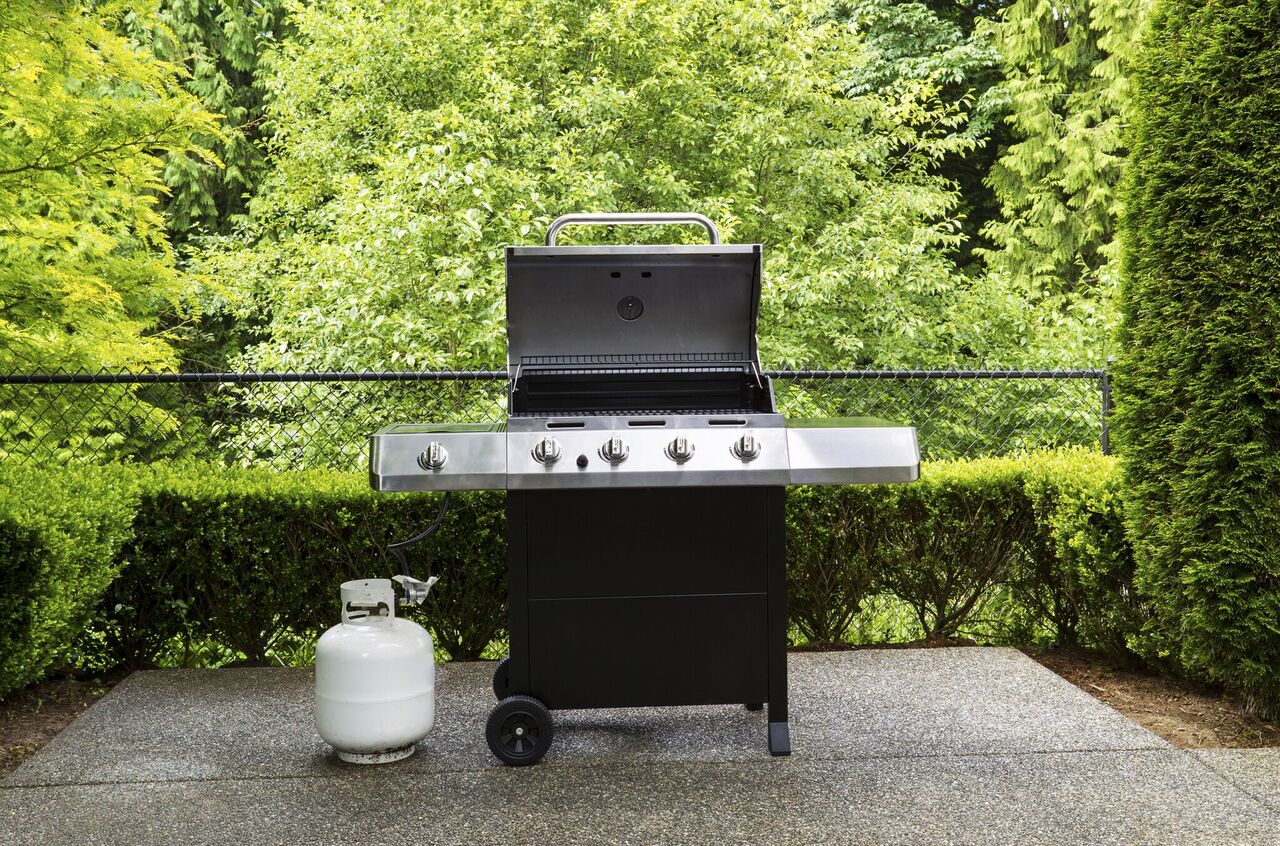
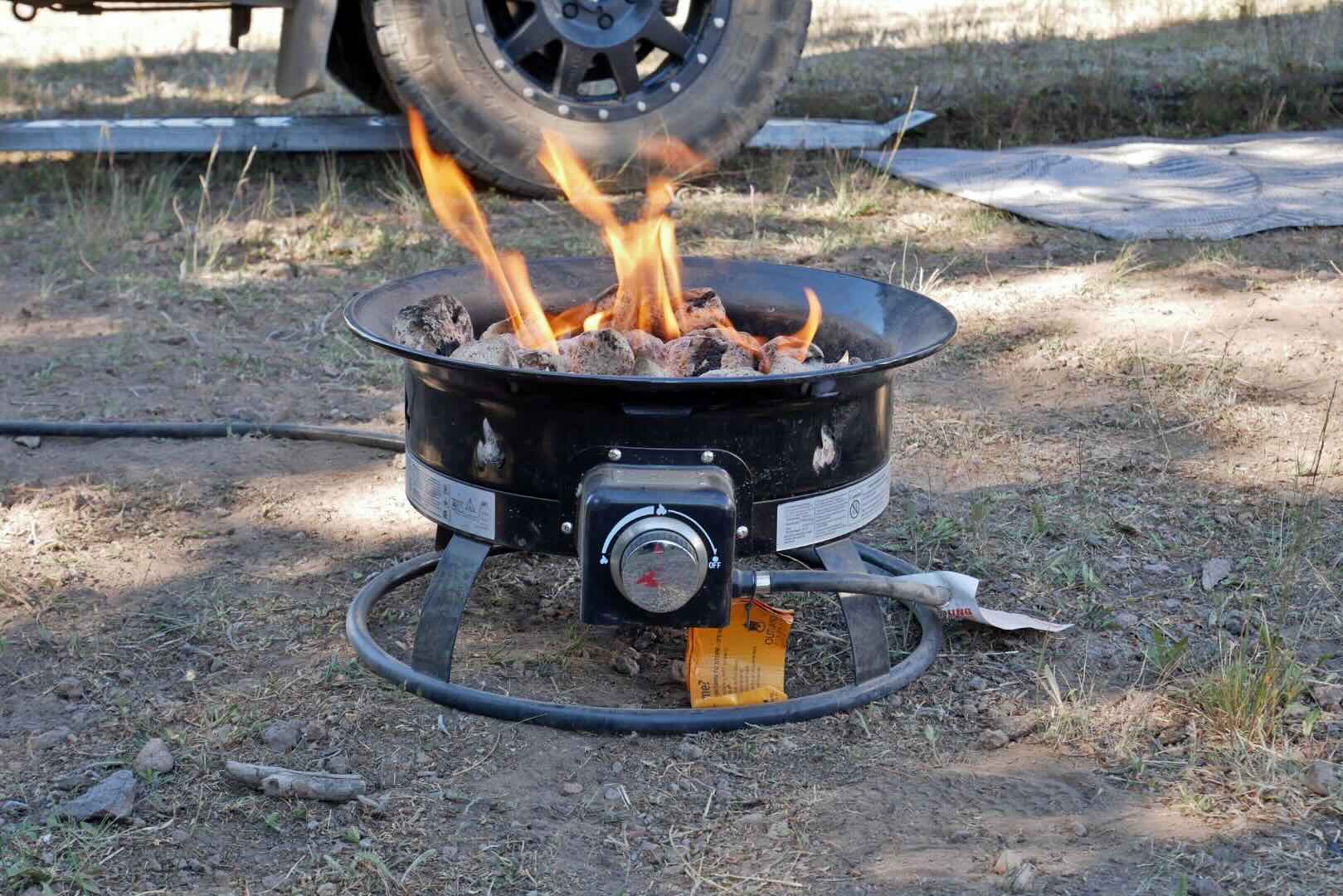
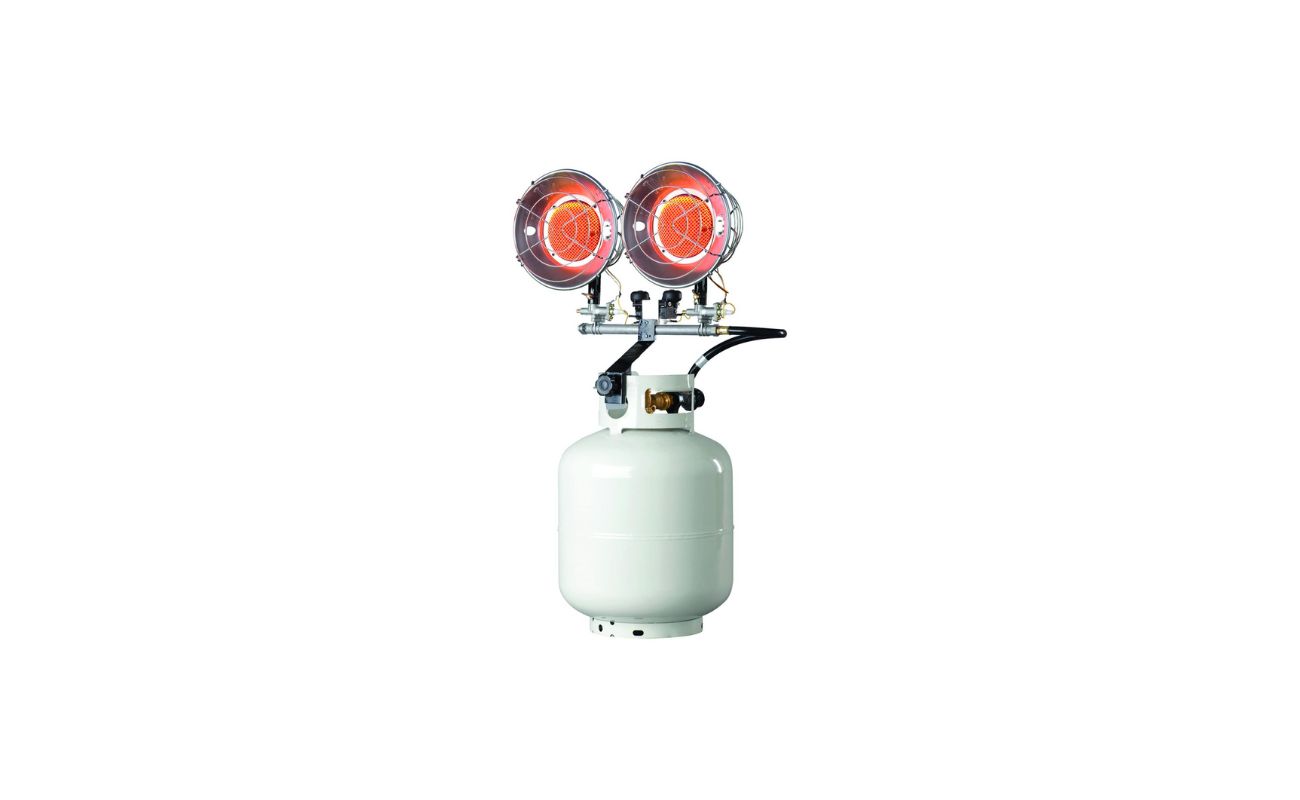
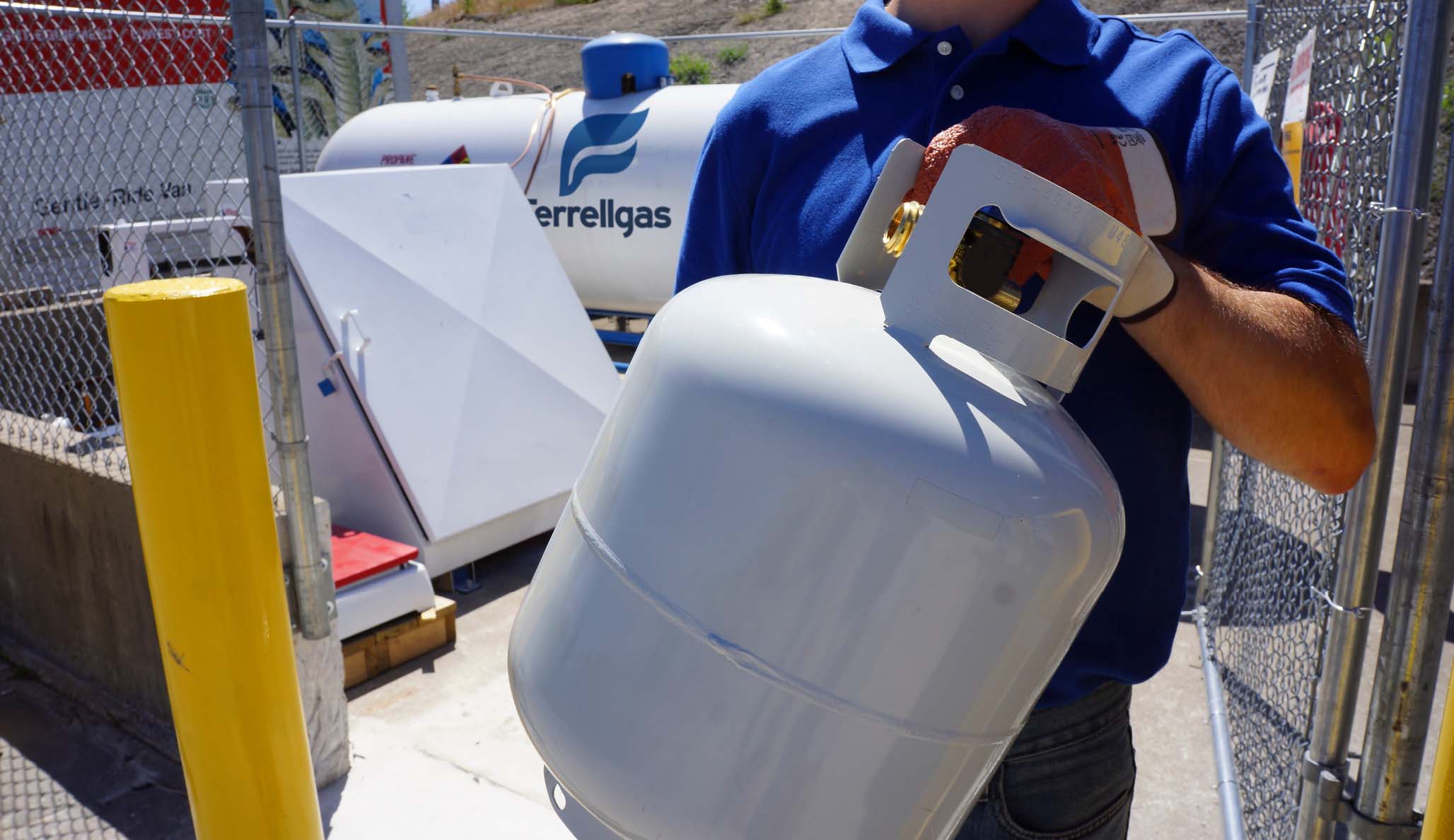
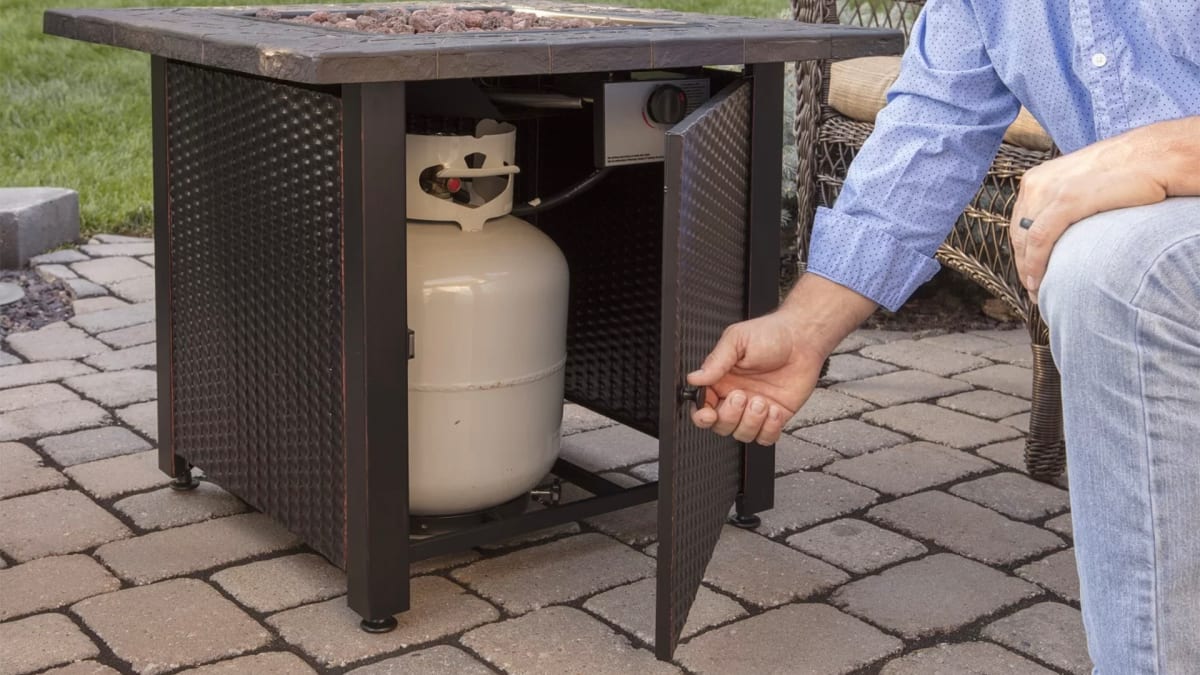
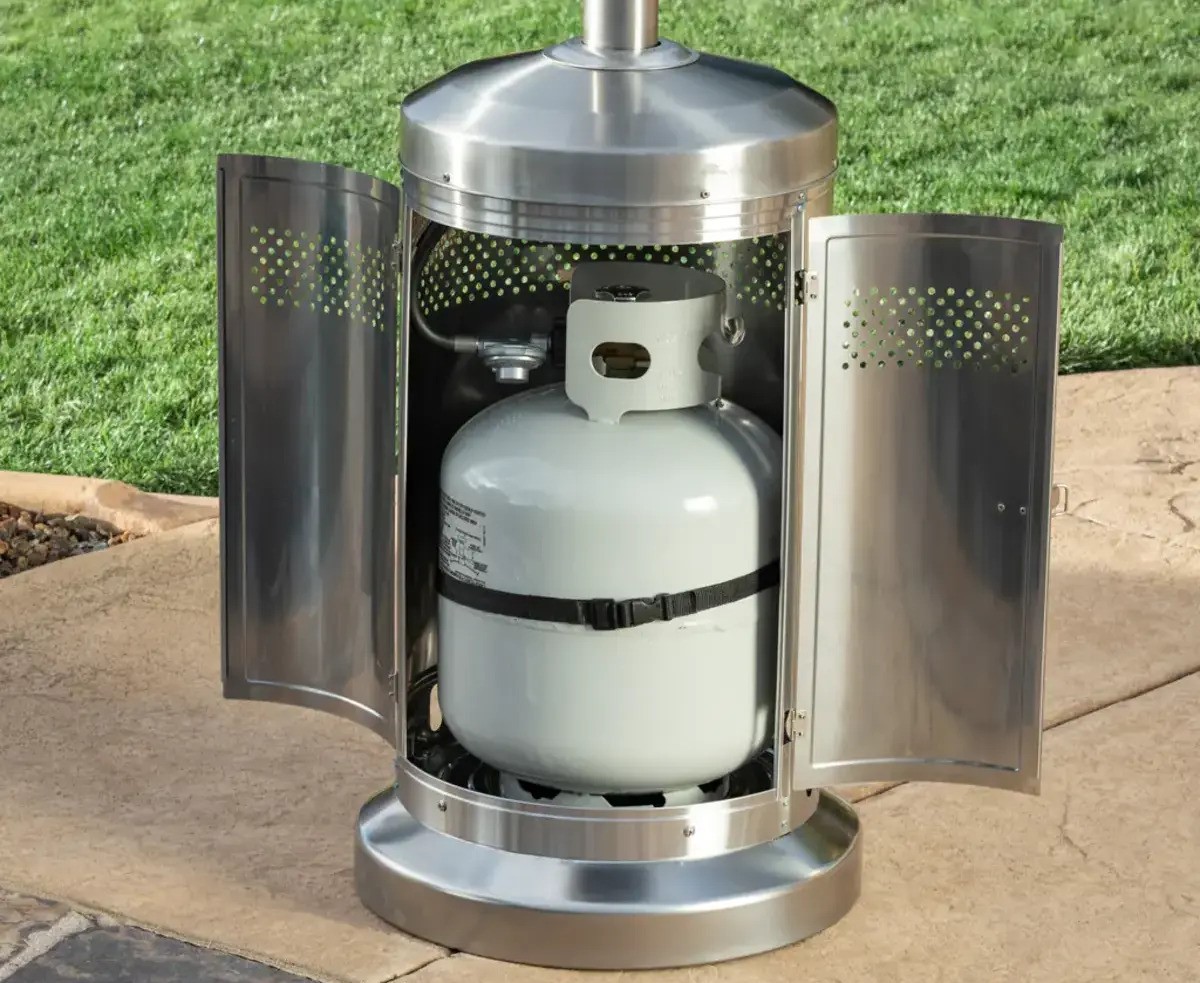
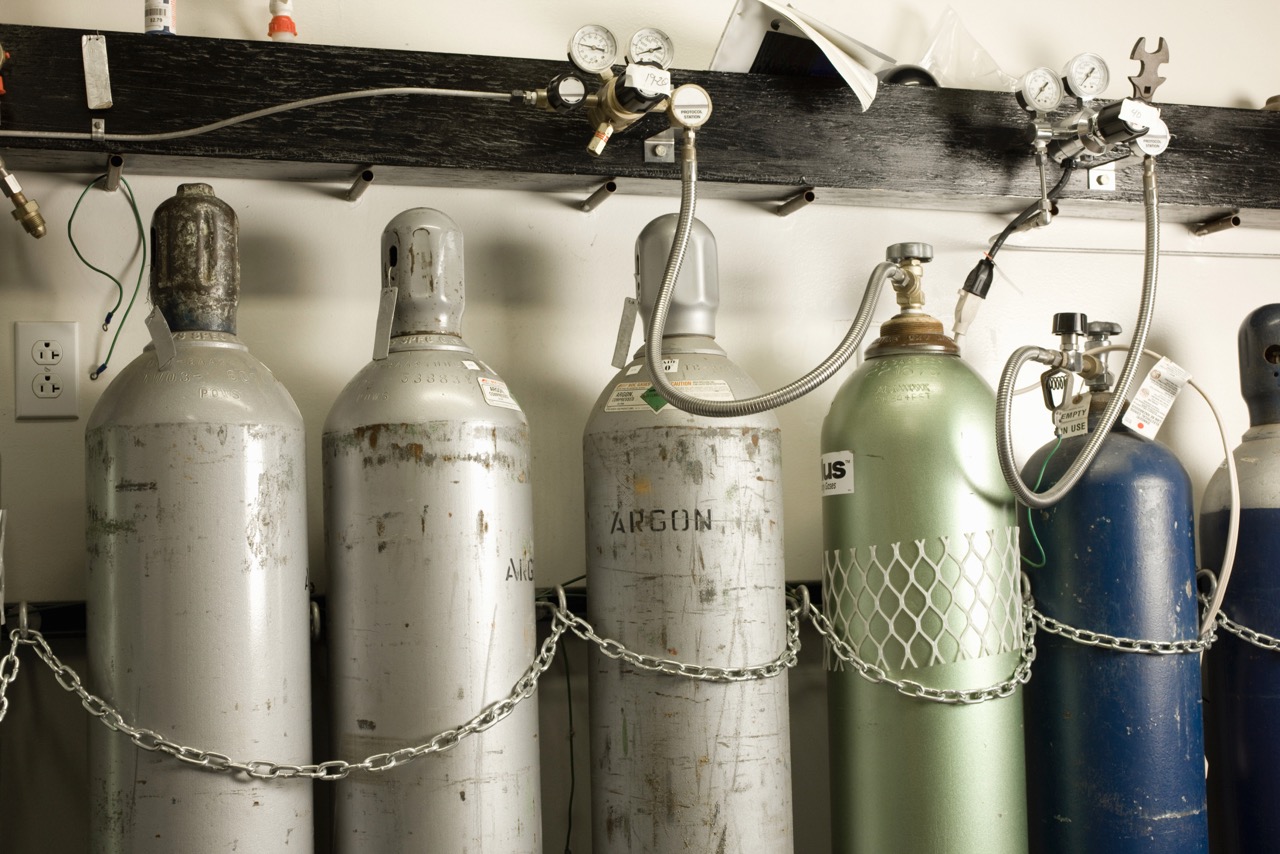
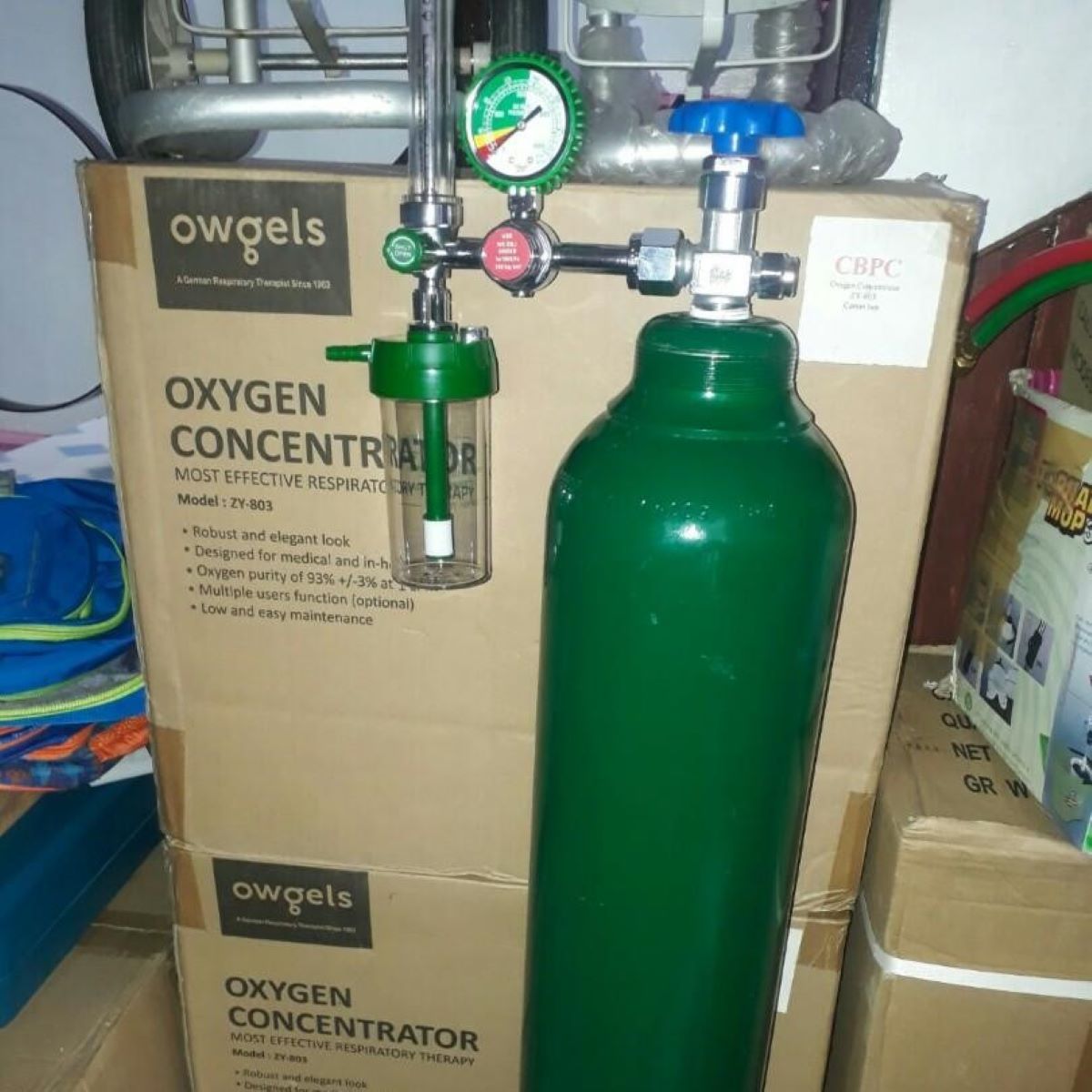

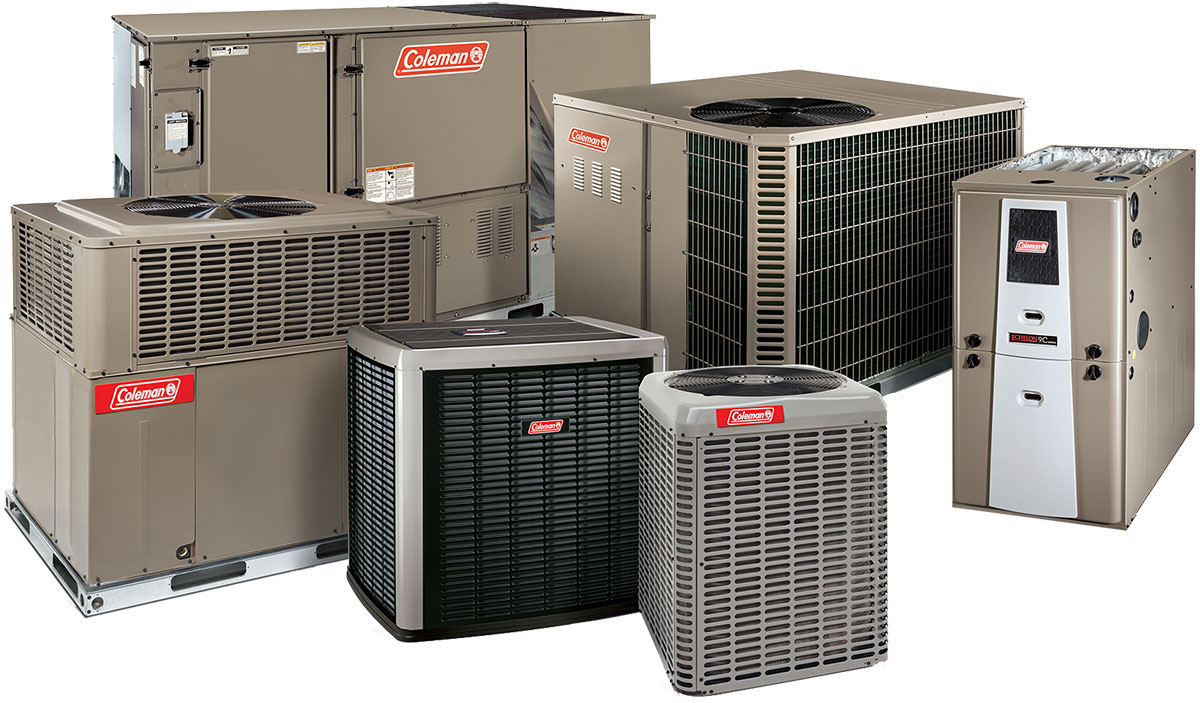
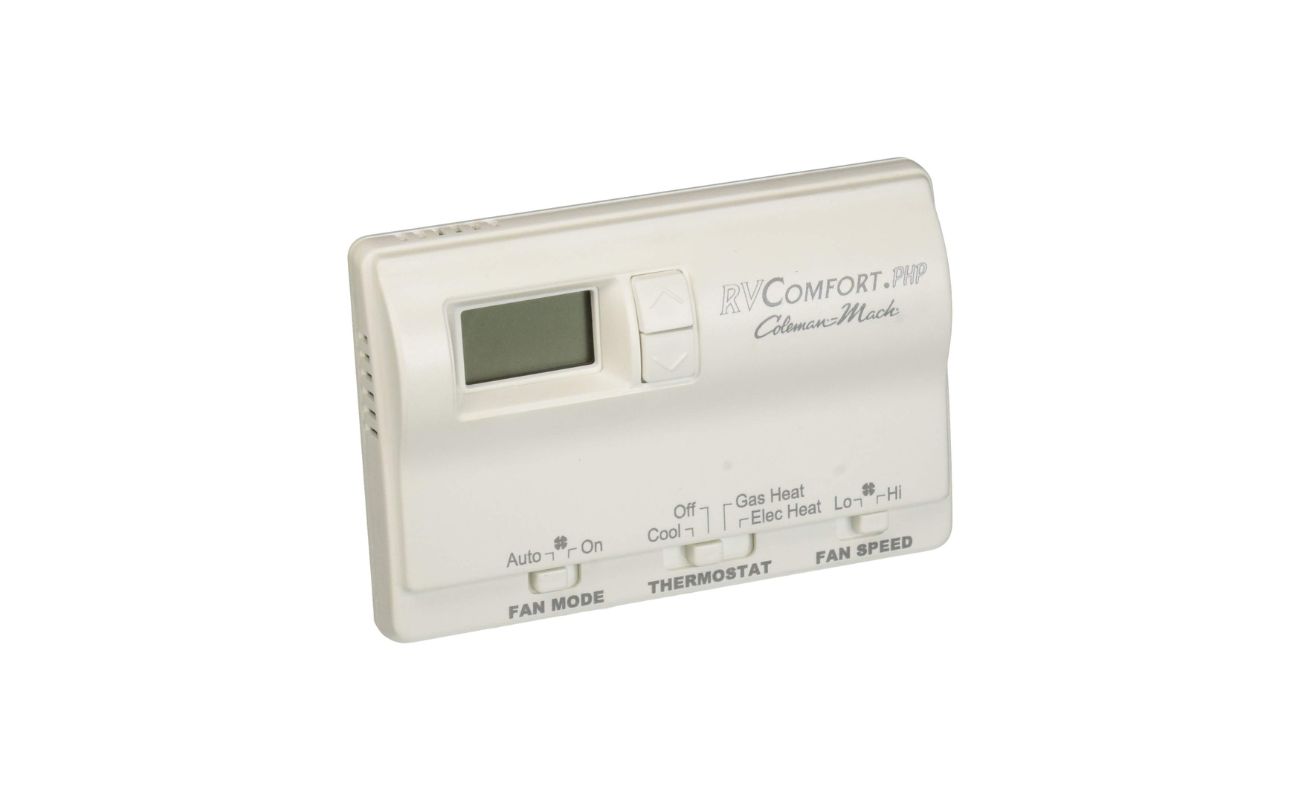




0 thoughts on “How To Store Small Coleman Propane Tanks”